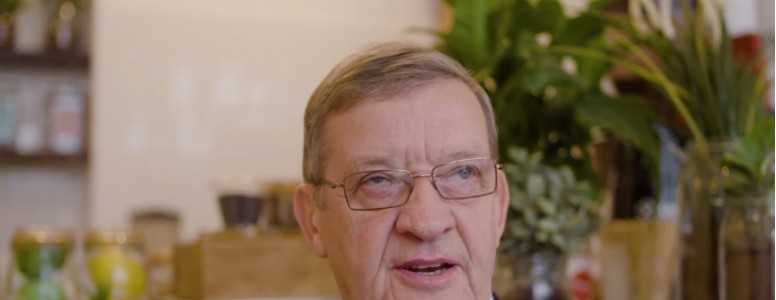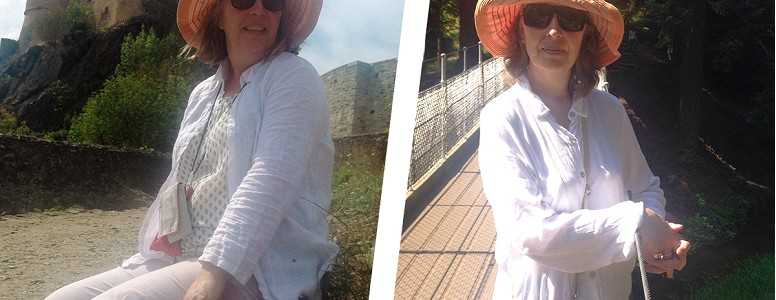In this Diabetes Awareness Month success story we’re featuring a man who went low carb and improved his health to the point where he reversed his macular edema.
Diabetic macular edema (DME) develops when fluid builds up in the retina, and often requires laser surgery to treat.
Bob Gibson had had three surgeries on his retina before he was diagnosed with DME. He was left with distorted eyesight which marginally improved following a series of injections.
Bob was on insulin and metformin at the time for his type 2 diabetes and was struggling with his blood glucose levels. He discovered the Low Carb Program in the months prior to his third surgery and began to see immediate changes.
Within months his HbA1c had lowered and he lost 35lbs in four months. His blood glucose control was stabilising, and it was to have a significant effect on his DME.
“I went back [to the hospital] in July and the doctor started the conversation by saying, ‘Do you have better control of your sugar?’ I then told him about the Low Carb Program. My doctor was very surprised,” Bob said.
There was a great difference between the scans since Bob went low carb. Bob’s doctor told him, “Here’s the scan we took before you went away. And this is the scan we took today. The area here, you can see the white patch where the liquid is. It’s significantly less now. I can only put that down to the fact that you’ve got better sugar control.”
Bob added: “The next thing I knew, he had brought in some of his colleagues to show my results. They were very shocked that it could happen so quickly. To think it had improved so much in such a short space of time, despite having three surgeries on it, is brilliant.”
Like many who adopt a low carb diet, Bob was surprised by the sugar quantities in everyday foods, and how much carbohydrate-heavy foods influenced his blood glucose levels.
Now though, Bob is enjoying a healthy lifestyle and his DME has cleared. He and his wife have been low carb since March last year and haven’t once looked back.
“Give yourself as much choice as possible. Don’t worry about having a bad day – there are bad days – just try not to have many of them. Just move on. Find out what spikes your glucose. If I’m not having carbs I like to see what else spikes my blood sugar. I test my blood before and after some foods just to see what spikes I get – I used to like to have bananas, but they would spike my blood sugar way too much. Now I avoid them and find something else.”
You can read Bob’s full story here.
We will be showcasing a diabetes community success story every day throughout Diabetes Awareness Month. Visit our News section to view the case studies we’ve featured so far.
You can also keep updated with the Diabetes Awareness Month campaigns we are running this month on our social media pages.
What's new on the forum? ⭐️
Get our free newsletters
Stay up to date with the latest news, research and breakthroughs.




